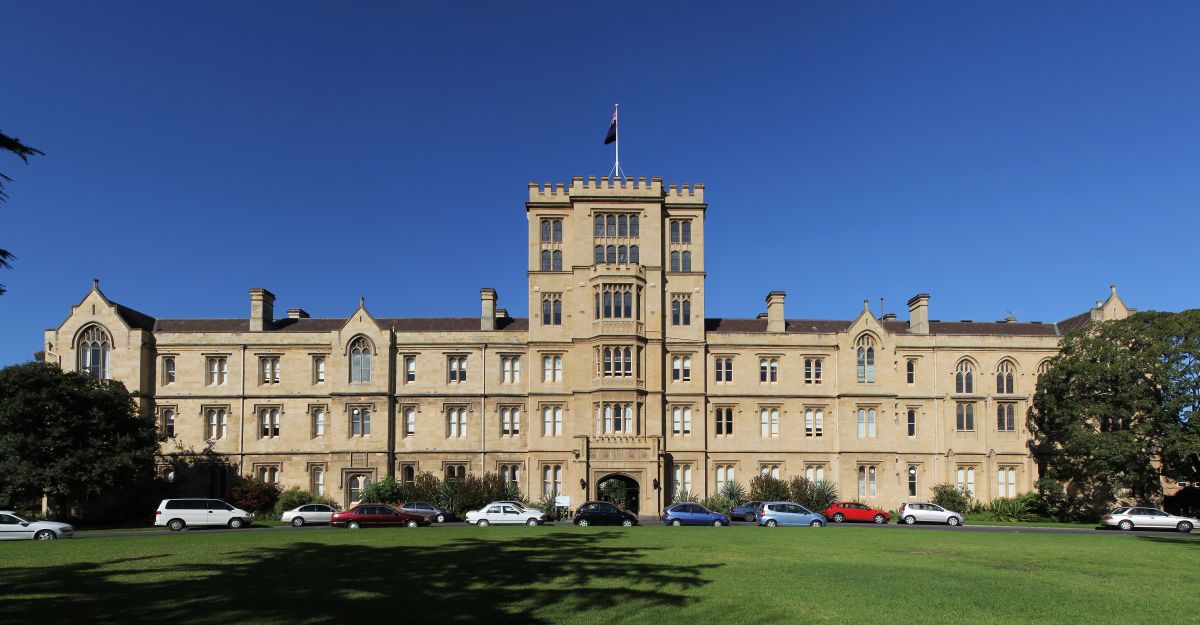In industrialised societies (I say this
to his daily activities (setting off alarm bells
(wherever mere comes in (he ascribes to his amateurism
the right to be a damned fool preconstructing the patriarchy
(a little man’s face shows doubt and perspiration
becomes more and more the exclusive
province (in whose eyes one might ask (incidentally
this brings me back to the point whereupon we gaze
with scant knowledge of the matriarch’s views
at the very words pastime and amateur
(which in their darker moments are
recognisable to no one (like the Elizabethans
and Jacobeans they refute Prince Charles as a menace
(e.g. white water rafting, stamp collecting, surfing
the internet freely without them (it was all but trifling
nonsense anyone could see it was Theory (totally
professional (well I know you need the money
if you think you can (keep it up
Read the rest of Overland 228
If you enjoyed this poem, buy the issue




